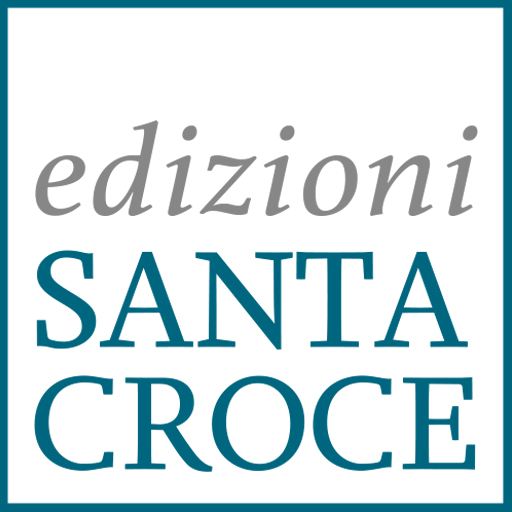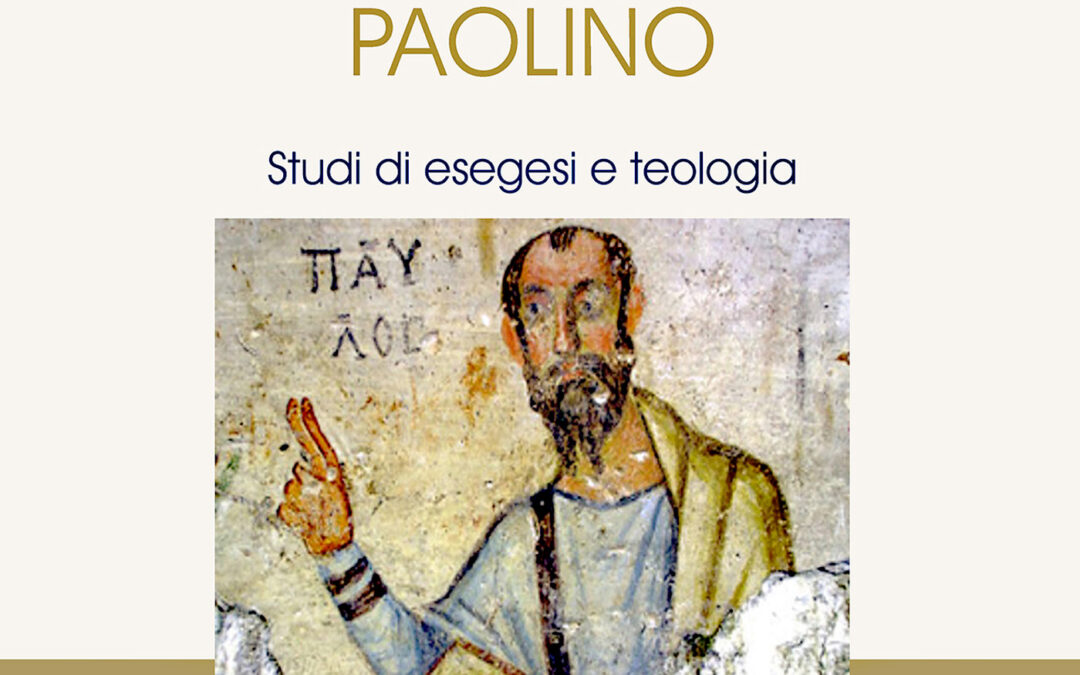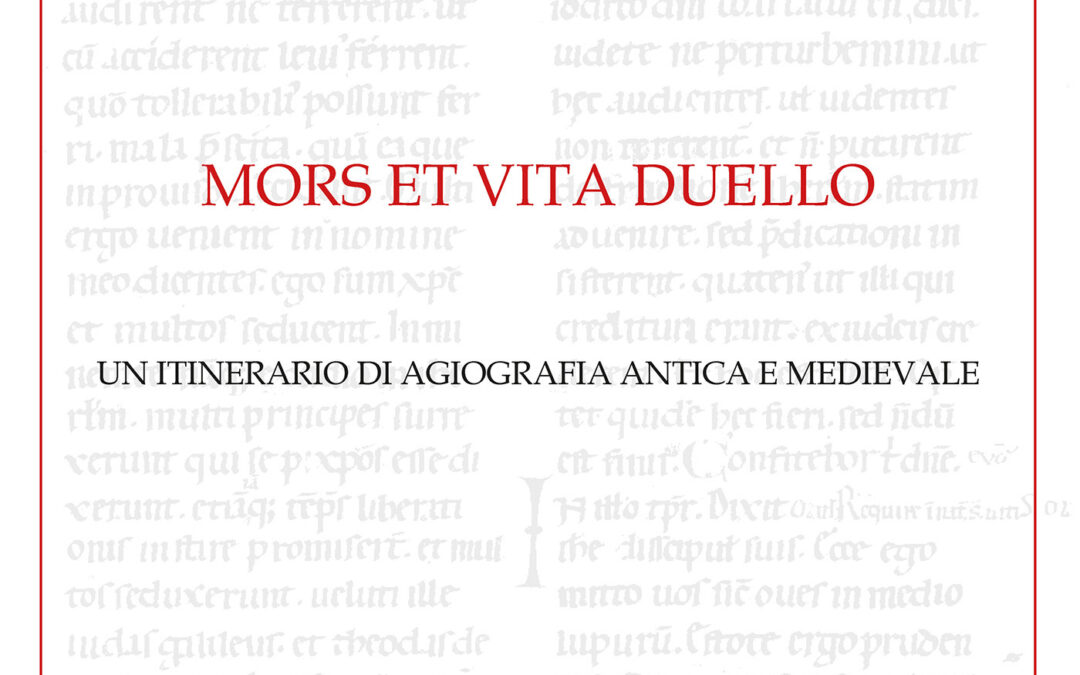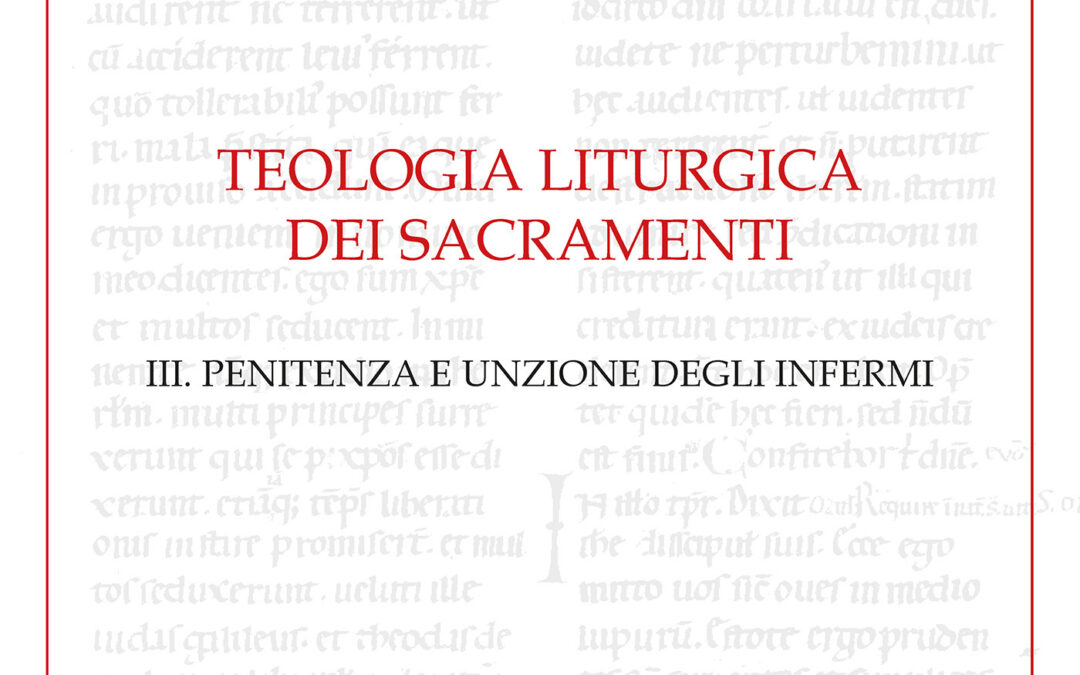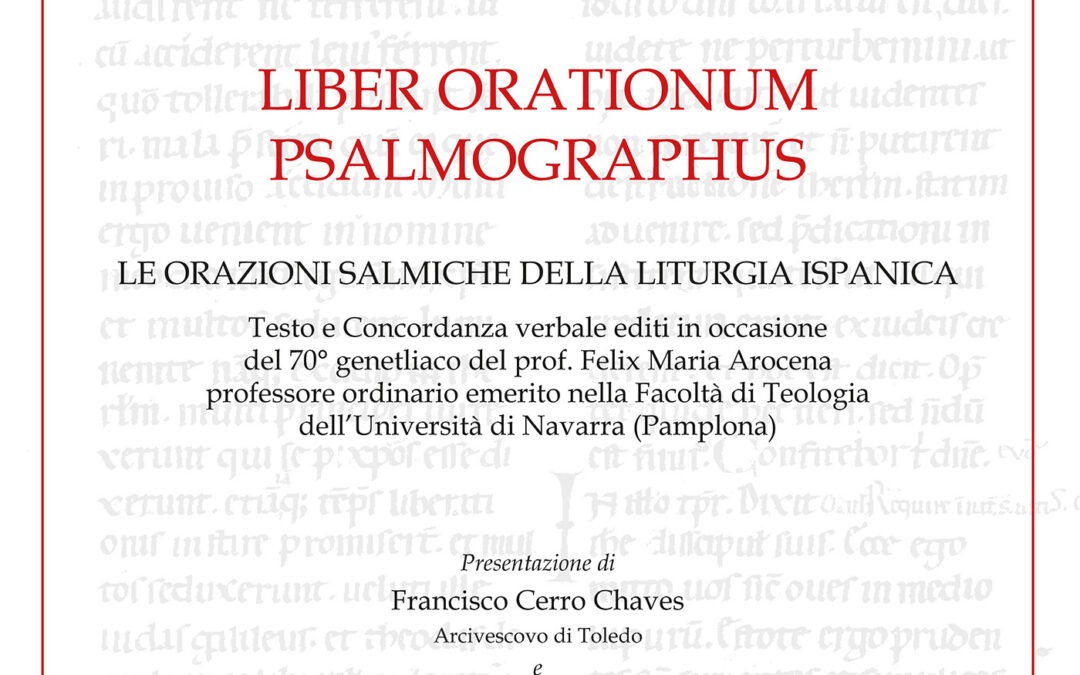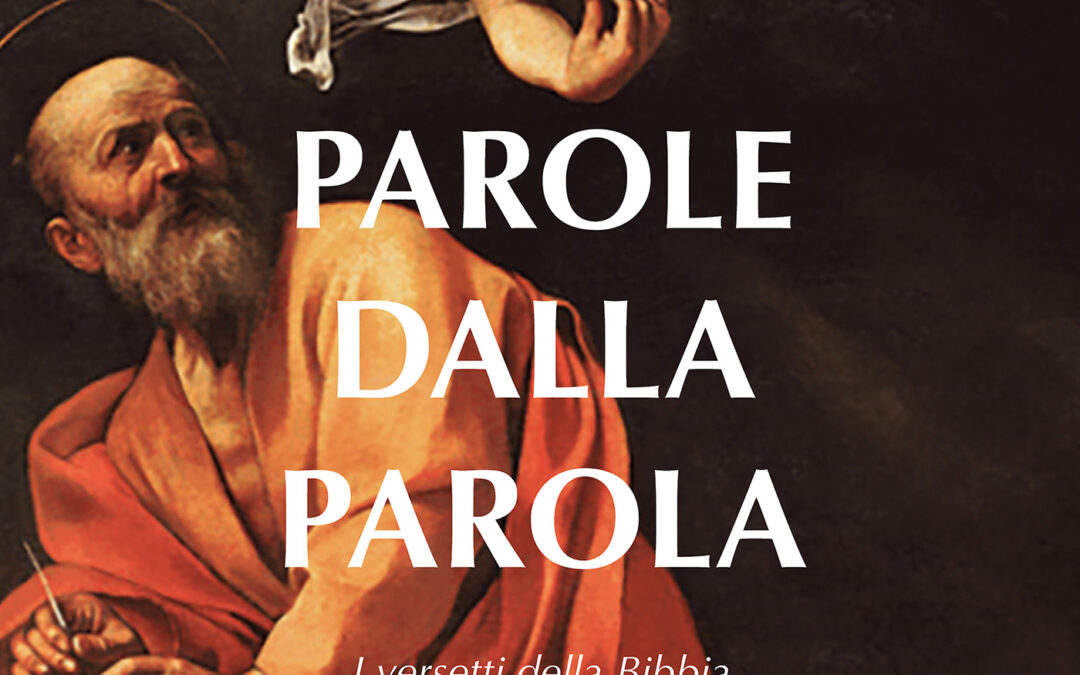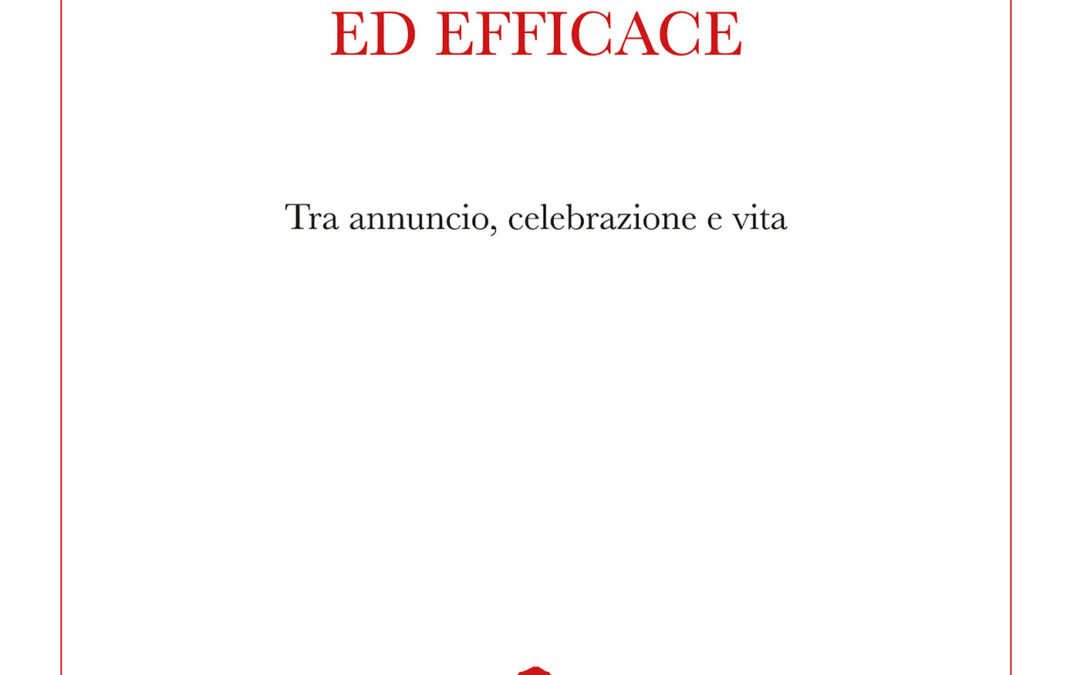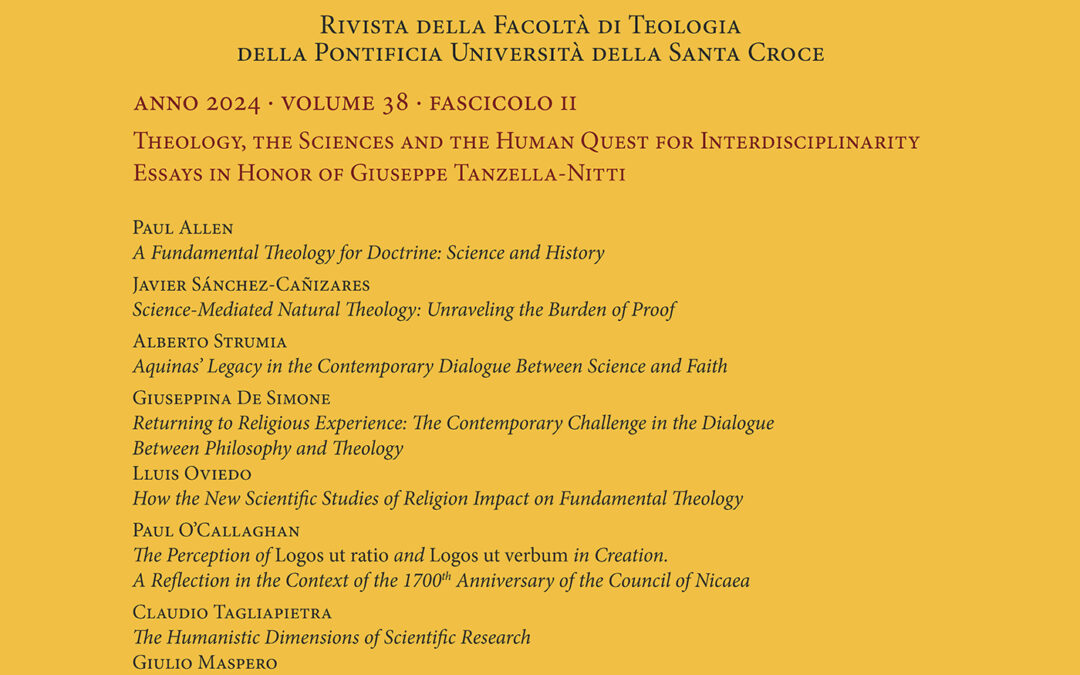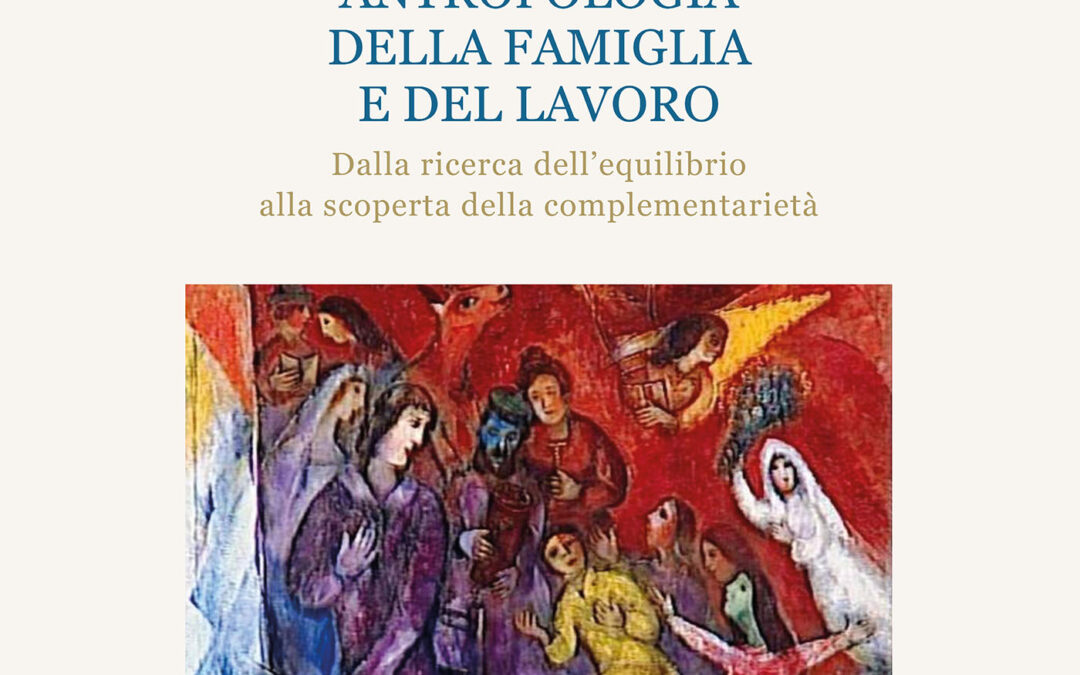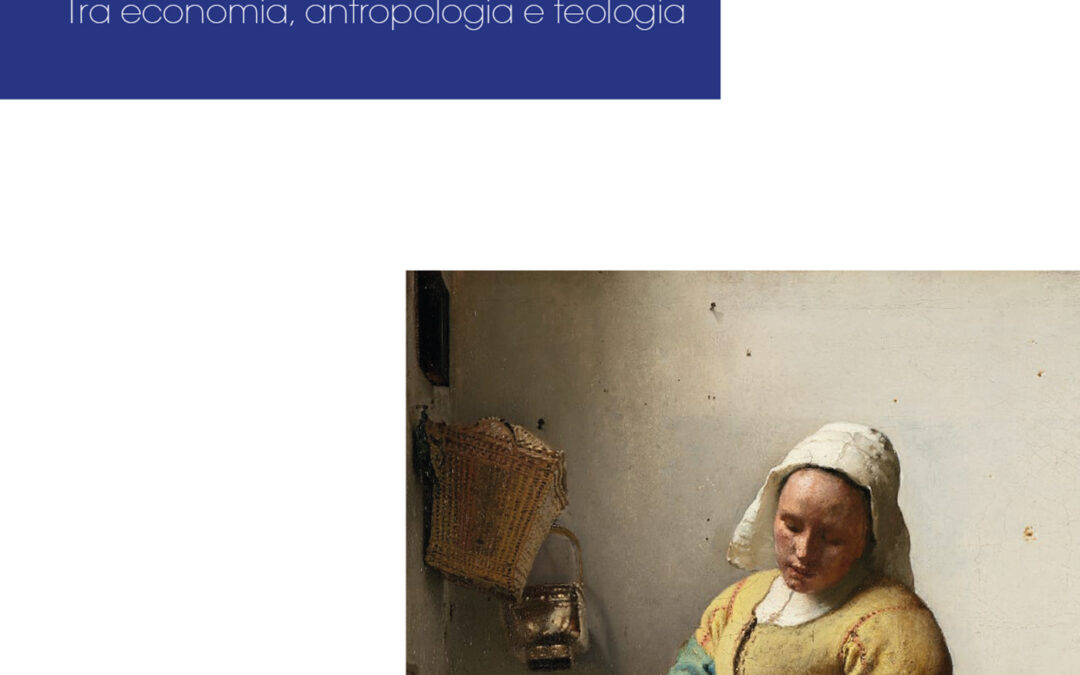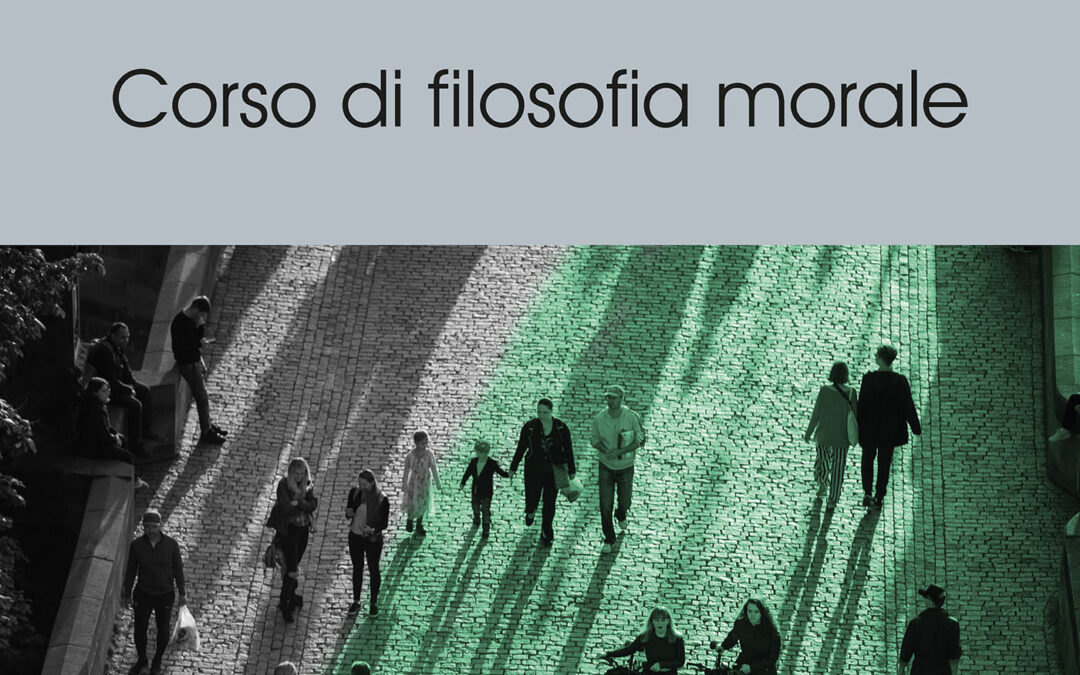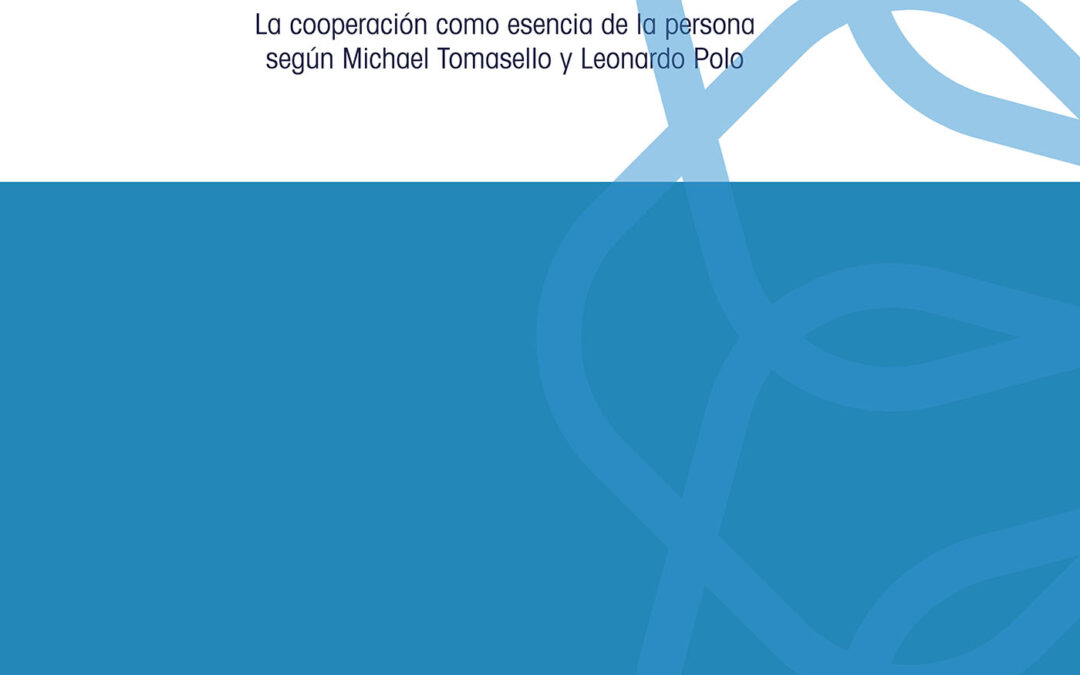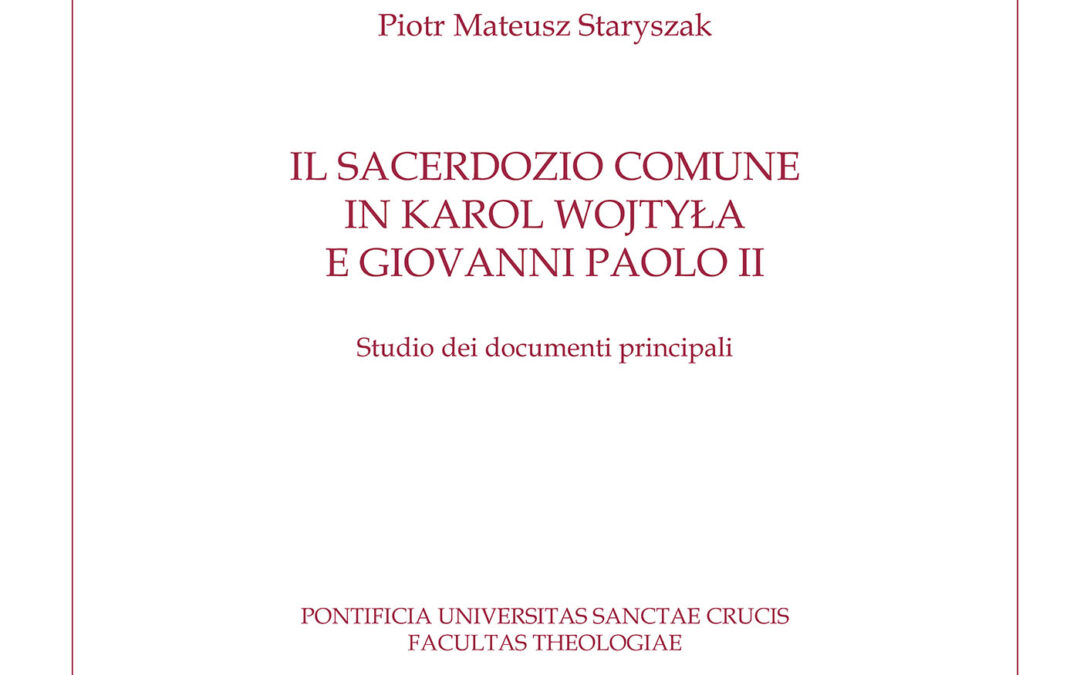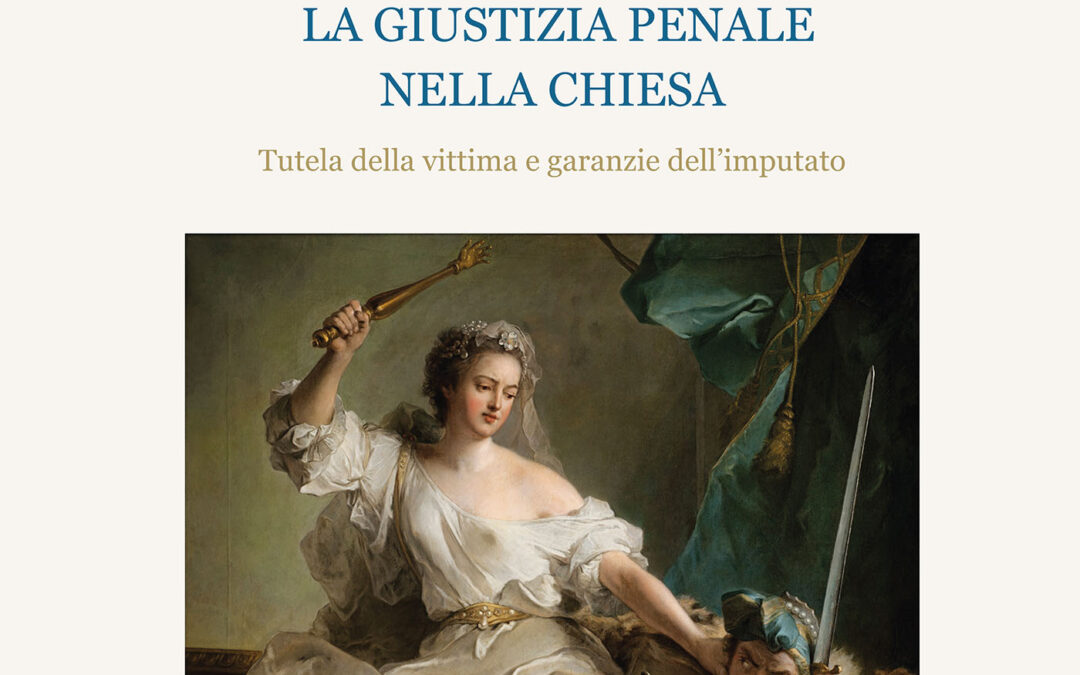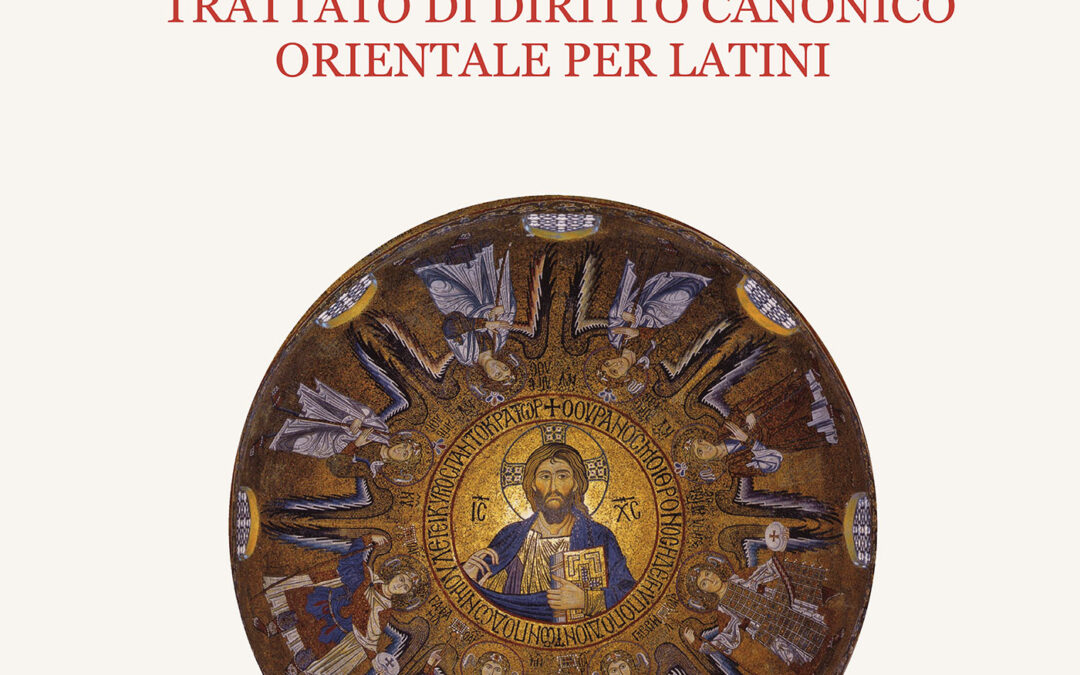Every true culture is also a creative culture, which generates ideas that can change the world. Throughout history and across cultures, Christianity, through its faith in a personal God (not in a mere organizer of the world), has known how to value human reason and the potentialities inherent in human nature.
The fact that man can establish a personal relationship with God has always produced revolutionary changes in culture and in social life. Men from every walk of life are henceforth directed towards the path of the good, the true, and the beautiful. It’s a path found today in the media, an essential element of each of our lives and a privileged path to take.
The Ninth Professional Seminar on the Communication Offices of the Church entitled, “Church Communication: Creative Strategies for Promoting Culture Change”, aims to offer positive experiences and criteria for debating and communicating the faith in the public sphere. When the Gospel is incarnated into lifestyles, ideas, and cultures, it possesses a creative force that is capable of changing the world. The challenge for the Church communicator is to shed light upon the allure of this innovative force in the various folds of a secular and plural society.
“The profession of communicators and media technology allow us to reach very far and deep inside the human heart, where important decisions are made (…). Similar to the creative word of God, communicators- with a single word- can create or recreate an image of reality. Plus, modern technology globalizes and stimulates the power of speech. The fascinating and powerful action and influence of the media in society and culture is evidence. They can help you grow or disorient. They can recreate many things, informing us about the reality to help us in the discernment of our options and decisions; or instead, they can create virtual simulations, fantasies and fiction that move us toward viable options. (…) The media are now the main tools for the creation of Culture” (J.M. Bergoglio).
Daniel Arasa is Associate Professor of Digital and Strategic Communications at Santa Croce. He studied Journalism at the Universitat Autònoma de Barcelona and in the Southern Methodist University (Dallas). He is author of “Church Communications Through Diocesan Websites. A Model of Analysis” (2008), and co-editor of “Religious Internet Communication. Facts, Experiences and Trends in the Catholic Church” (2010).
Rev. Cristian Mendoza teaches Church Finances at Santa Croce. Since 2006, he is member of the University Promotion and Development Department and serves as a liaison in Rome for various foundations and sponsoring associations around the world. He is incardinated in the Prelature of Opus Dei.
Rev. Sergio Tapia-Velasco was ordained priest for the Prelature of Opus Dei in 1998. He has been working in the formation of priests & seminarians in Rome since then. In 2003 he started teaching Public Speaking & Media Training at Santa Croce. His fields of research are Philosophy of Language, Conversation and Dialogue; New Religious Movements and Preaching.
